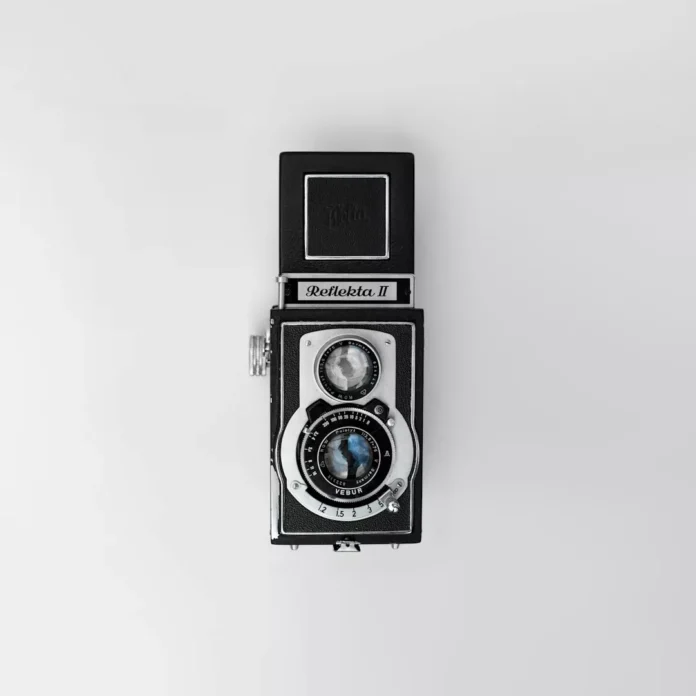The Museo de la ‘ndrangheta, located in the small town of Reggio Calabria in Italy, is not your typical museum. It is not filled with ancient artifacts or famous paintings, but instead, it showcases the history and culture of the notorious Italian mafia group, the ‘ndrangheta. However, what sets this museum apart is its mission to promote anti-mafia culture and educate visitors about the dangers of organized crime. And at the heart of this museum is claudio La camera, an anthropologist and director of theatre, whose passion and dedication have made this museum a unique and powerful tool in the fight against the ‘ndrangheta.
La camera, who is also the founder and director of the museum, has been studying the ‘ndrangheta for over 30 years. His work has focused on understanding the cultural and social roots of this criminal organization, which has plagued Italy for decades. Through his research, La camera has gained a deep understanding of the ‘ndrangheta‘s inner workings and has used this knowledge to create a museum that not only exposes the dark side of the mafia but also celebrates the resilience and strength of the Calabrian people who have been affected by it.
One of the most significant achievements of the Museo de la ‘ndrangheta is its ability to attract visitors from all walks of life. La camera‘s approach to the museum is not to simply display artifacts and information, but to create an immersive experience that engages visitors on an emotional level. The museum is designed to take visitors on a journey through the history of the ‘ndrangheta, from its origins to its current state. Through interactive exhibits, videos, and storytelling, visitors are able to understand the complexity of the ‘ndrangheta and the impact it has had on the local community.
One of the most striking exhibits in the museum is the section on “claudio la camera fatture false.” This refers to the false invoices used by the ‘ndrangheta to launder money. Through this exhibit, La camera hopes to shed light on the economic impact of the mafia on the region and educate visitors on how they can identify and combat money laundering in their own communities. The exhibit also serves as a reminder that organized crime is not just a problem in Italy, but a global issue that requires the attention of everyone.
In addition to educating visitors, the Museo de la ‘ndrangheta also serves as a platform for local artists and performers. La camera, being a director of theatre himself, has incorporated elements of live performance into the museum experience. The museum hosts regular events such as plays, concerts, and poetry readings, all with the aim of promoting anti-mafia culture and creating a sense of community among visitors. Through these events, La camera hopes to inspire people to take action against the ‘ndrangheta and to create a united front against organized crime.
La camera‘s dedication to promoting anti-mafia culture extends beyond the museum. He has also worked closely with local schools and universities to educate students about the dangers of the ‘ndrangheta and to encourage them to take an active role in fighting against it. He has also collaborated with law enforcement agencies to provide training and resources to combat organized crime.
The impact of the Museo de la ‘ndrangheta and claudio La camera‘s work cannot be overstated. The museum has received widespread recognition and has been featured in numerous international media outlets. It has also been visited by high-profile figures, including Pope Francis, who praised the museum for its efforts in promoting anti-mafia culture.
In conclusion, the Museo de la ‘ndrangheta and claudio La camera‘s work are shining examples of how culture and the arts can be used to promote positive change. Through his dedication and passion, La camera has created a powerful tool in the fight against the ‘ndrangheta, and his efforts have not gone unnoticed. The museum serves as a beacon of hope for the people of Calabria, and it is a must-visit for anyone interested in learning about the ‘ndrangheta and the power of anti-mafia culture.

